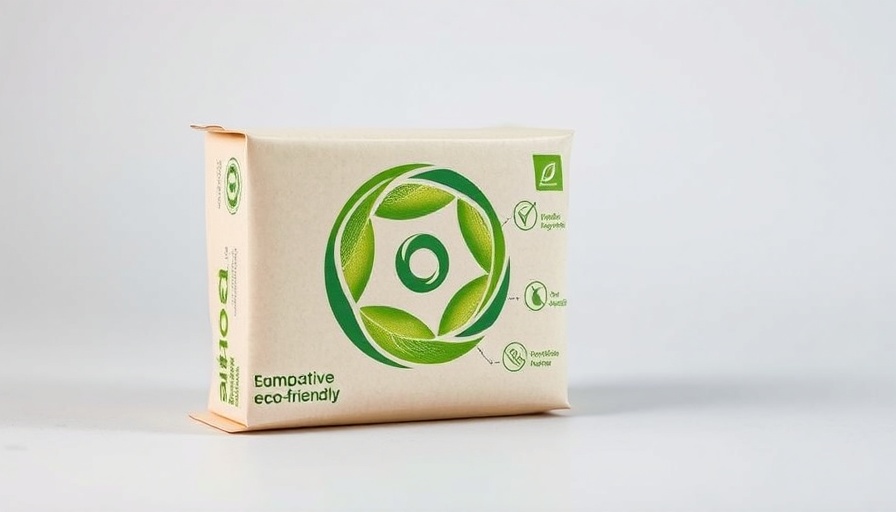
Unlocking Sustainable Packaging Solutions
In a groundbreaking study led by researchers from the University of Washington, a novel compostable material has emerged that combines used coffee grounds and Reishi mushroom spores, all through the wonders of 3D printing. This innovative approach aims to provide a sustainable alternative to plastic, particularly in packaging for small businesses.
The Inspiration Behind the Project
Danli Luo, a doctoral student, was driven by the sheer volume of spent coffee grounds leftover from everyday brewing. With the global coffee consumption so high, transforming waste into a useful resource symbolizes a significant step forward in sustainability. The nutrient-rich properties of coffee grounds are ideal for fostering a mycelial network, which can form a robust, lightweight material.
From Waste to Innovation
The 3D printing process begins by mixing coffee grounds with Reishi mushroom spores, brown rice flour, xanthan gum, and water to create a paste known as Mycofluid. A specially designed printer head allows for intricate designs, producing packaging materials and other items like vases which can match the versatility of traditional plastics.
Environmental Impact and Future Directions
This sustainable material not only offers a practical solution for small businesses needing resilient, eco-friendly packaging but also addresses the problem of plastic waste head-on. The research team is eager to explore further applications of this technology, potentially using other food waste materials to formulate similar biocomposites.
Cost-Effective Innovation
Compared to similar methods that can cost upwards of $7,000, the team's innovative approach manages to operate with a much lower budget, making sustainable packaging more accessible. With rising consumer awareness regarding plastic waste, the demand for such environmentally friendly alternatives is likely to increase.
Ensuring that small businesses adapt to sustainable practices could prove vital as society shifts towards greater environmental responsibility. Luo emphasizes the potential of their research, stating, "We want to broadly support this kind of flexible development, not just to provide one solution to this major problem of plastic waste."
 Add Row
Add Row  Add
Add 




Write A Comment